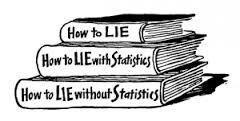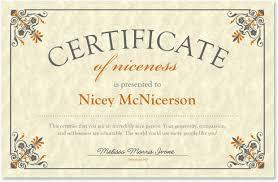Left wingers obsess over inequality partly because they hate that others are rich and they’re not. It’s more than just envy, but a sense of injustice: they feel morally superior, yet it’s the rotten rich who are rewarded.

Pertinent here was Philip Zimbardo’s famous Stanford prison experiment. Student volunteers were assigned to role-play as prisoners or guards. The latter soon became so brutal toward the former that the experiment was stopped. Taken as evidence that power corrupts.

But – he says – not so fast.
A 2010 analysis by three European academics, using much larger data sets, found opposite results: privileged individuals were more generous and charitable, more likely to volunteer, more apt to help a struggling traveler, or look after a neighbor’s cat.
But here’s where the story gets interesting. They submitted their paper to the Journal of Personality and Social Psychology, which had published the Berkeley work. “We thought,” said one of them, Boris Egloff, “naïve as we were, that this might be interesting for the scientific community.” The paper was rejected.

But why do studies disagree so diametrically? Sweet suggests this sort of research may be inherently problematical. In 2015 the journal Science reported on a group of 270 academics attempting to replicate 100 psychological studies, succeeding in only 36 cases.

Comes now Jonathan Haidt (another writer who influenced me greatly with The Righteous Mind), co-authoring a 2015 paper saying that over-representation of left-wing opinion in psychology faculties distorts the research results they report. This helps explain the Egloff paper’s rejection. As I’ve written, academia is becoming a fortress of enforced opinion defensively hostile toward non-conforming ideas.
“Might a shared moral-historical narrative in a politically homogeneous field undermine the self-correction processes on which good science depends?” the Haidt paper said. “We think so.”

Meantime, the reliableness of scientific results more generally is becoming a widespread concern. Much gets published, it seems, that doesn’t hold up. A lot of biases, not just political, operate. For example, researchers like to publish positive results – We found it! : -) – but not negatives ones — We didn’t find it : -(
However, the lesson is not that all science is suspect. New insights or data are not going to overturn something like Darwinian evolution. Instead, it’s that scientists are human, and must not let beliefs compromise objectivity. Take care against telling yourself (and your political bedmates) what you want to hear.

